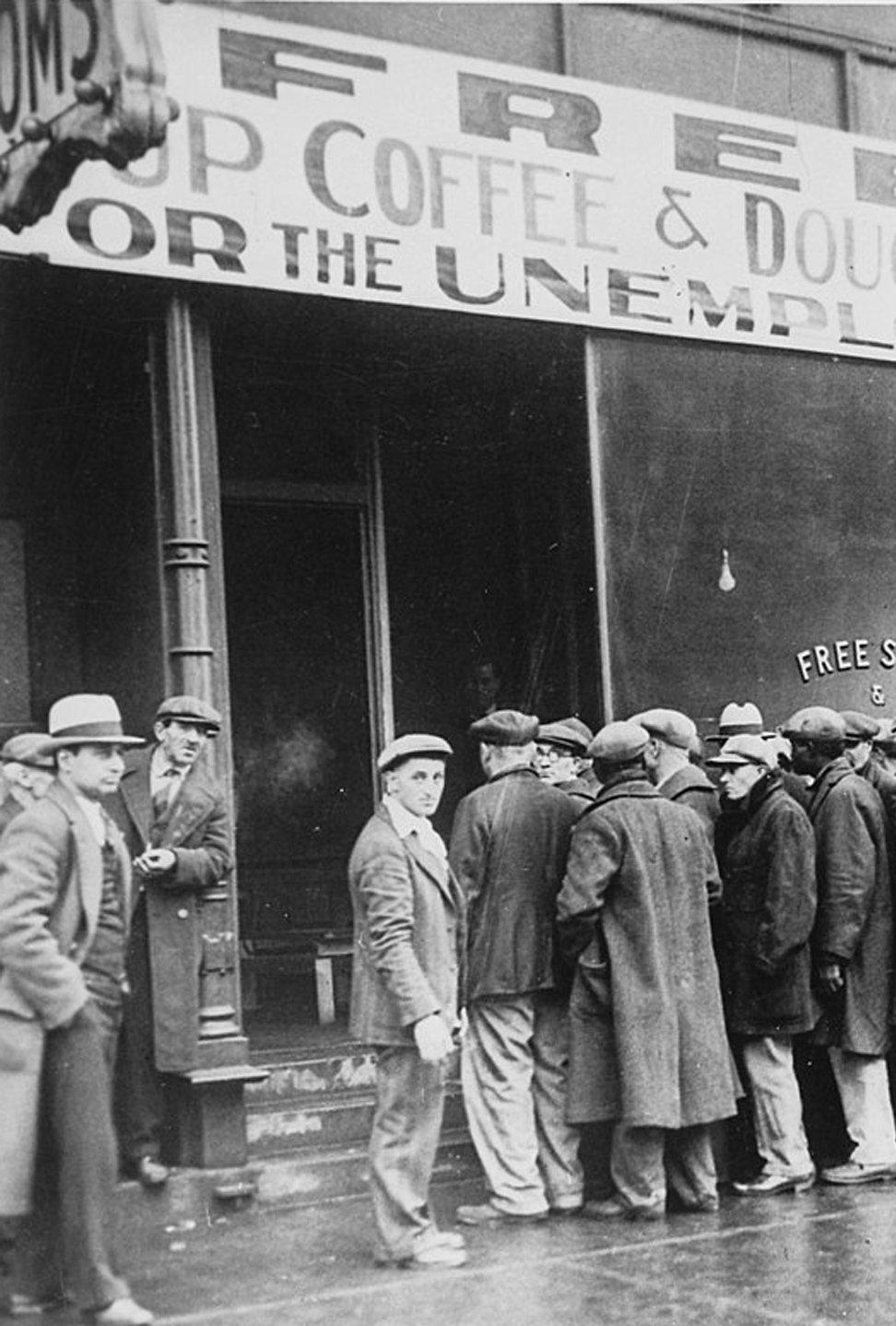
7 minute read
Should Companies Mirror Society? Diversity and Quotas Sophie Reeve-Foster
Sophie Reeve-Foster YEAR 12
S H O U L D C O M PA N I E S MIRROR Society? Diversity and employee quotas
Over the last few years, companies have increasingly started to set requirements when employing or promoting employees, in the form of quotas. These are most commonly based on race and/or gender, with the aim of making companies more diverse and therefore more representative in the workplace. For example, some businesses require at least one woman and one member of an ethnic/racial minority on a recruitment board or in a group project. But is this solution quite as simple as it seems? Should it start being used more frequently or are there more harmful consequences? In this situation there are two things that we want, but the very nature of them conflicts. Firstly, we want the principle to be fair (the process of hiring) and secondly, we want the outcome to seem fair (so the people hired reflect the company’s customers). Ideally, we would have both; and get a diverse mix of the best-suited people, without having to think about it. But, of course, it would be naïve to expect that in every case. Therefore, which end of the spectrum of this argument you find yourself on depends on your preference for principle or outcome. Both concepts alone, unsurprisingly, are generally highly flawed.
The argument for equal opportunity stands by the principle that the best person to do the job should be recruited for the job so that the job can be done to the highest standard. The principle is seen as more important than the outcome because the outcome is seen as irrelevant.
The argument for equal representation is that opportunity is not equal in ways beyond our control currently, due to the flaws in society including things like unconscious bias. The outcome is seen as more important than the principle because the principle is seen as flawed.
This is an issue that in some ways reflects the idea of equality vs equity, a dynamic which is the foundation for many political disputes between the Right and the Left.
The true equality of an equal opportunity method can be limited by the mindsets and biases of those making the decisions against certain groups. When this is brought up, because of how deep unconscious and ingrained biases can be, people can tend to get defensive, causing civil communication to be tainted with a fear of blame.
Let’s apply this to on-screen entertainment, something many can see and have an opinion about, such as casting acting roles or comedians for panel shows. The producers must choose people who they think will perform the best. What they are trying to achieve is to please the advertisers or shareholders, by getting the most views or perhaps good reviews, which roots down to most pleasing the audience. By knowingly picking what seems the safer choice, they avoid the risk of not entertaining as much. The responsibility now travels to the audience, to be entertained. But how are they meant to do that without being introduced to new people or dynamics and getting used to it over time? The duty drifts back to the producers, and we
become stuck in a loop of risk avoidance. One way to combat this is through campaigns or petitions from members of the audience, but we can see that, with a limited number of people, that only gets so far.
In order to have true equal opportunity, we must analyse why it may not work as it should in theory. In other words, we must recognise our bias. Let’s narrow in on gender. In her book Invisible Women, Caroline Criado Perez exposes the dark way that problem), but their future mindset and perception of self-identity the data which we have built society on is systematically and as highlighted by Cordelia Fine. Making someone continually perpetually ignoring the female sex, by simply not measuring aware of their gender or race, and, whether positive or negative, them. In other words, in fields such as medicine, health and is an unintended but harmful side effect. Both false fulfilment safely and even business, males are literally being the default. and impostor syndrome can be generated here, too. The fact that corporations and scientists have forgotten to put Then there is how this scenario is perceived by others: those half of the population into the equation shows the conscious or having to fill out the quota, bosses assessing results, co-workers unconscious (I don’t know which is worse) prejudice, resulting or any other potential observers. Sometimes consciously but so in largely unnoticed discrimination. often unconsciously, they will start to view it as a burden on
In Cordelia Fine’s Delusions of Gender, she discusses a study the job or project, and start to resent the group itself, seeing in which American University students were asked to rate them as a box to be ticked rather than individuals. If frequently their own personal maths ability and their verbal ability. the people “found” aren’t as good, the observing mindset may Some students were asked beforehand to note their gender start to make negative associations. Therefore, the stereotype we down while others noted their ethnicity down. Of European were initially trying to combat heavily backfires; clearly, this is American women, those who noted their gender down rated not the outcome we were looking for. their maths ability lower and their verbal ability Throughout this process, it is important to higher than those who noted their ethnicity remember that one person can’t represent every instead. For European-American men, this effect THE FACT THAT individual in a community – to assume that we was exactly reversed. This study demonstrates a THIS IS AN ISSUE have “covered” one group in appointing one point made throughout her book: the malleability IS A SIDE- EFFECT person would be to categorise that group as one of self-perception (and thus behaviour) based on OF AN UNEQUAL and give into stereotypes, forgetting how there is identity is surprising. Can we still call it equal SOCIETY. more variation within most groups than between opportunity? This is not necessarily an argument them. for introducing these quotas, as there is a risk that Somehow, while this is going on, there are still they will make people more continually aware of their identity minorities who are shouting to get heard, not being considered (for example, “I am the token woman”), enhancing this effect. while they’d love to be. What’s going on here? How has this
Some equal opportunity advocates may argue that specific communication gotten so messed up? Many would argue the skills or interests that encourage certain jobs are ingrained people in the companies are not putting enough research into within particular groups, genetically hardwired; an inevitable it or overlooking people without even knowing it. Perhaps it unfair world with little we can do. This leads us on to a whole requires more effort than they thought, as previously they would different debate surrounding nature and nurture, which also have automatically chosen someone within reach. is a heated and complicated topic, but at the very least I think In my opinion, the idea of equal opportunity must be assuming that a characteristic like this is innate from birth is taken with much more scepticism and analysed more in these dismissive of all the other (subliminal or explicit) factors and situations; to take it at first sight is naïve. But at the same time how complex the human brain is. Either way, we should avoid filling out quotas which ultimately cause individuals to be treated being limiting. differently according to their group identity can’t be the way to
There are plenty of flaws in the equal outcome approach too. solve this. The fact that this is an issue is just a side effect of an In many cases, because an individual was not the most suited unequal society, and without deconstructing identity prejudice for the job initially, their performance at the task doesn’t match we can’t easily solve the problem. We must recognise that there what other might have expected. The person can be made to is inequality both in opportunity and outcome, and we all have feel inadequate and they might also feel a huge pressure on top a responsibility to recognise this in our daily lives. The first step of everything else, to represent the whole of their group and is to start bringing out the unconscious and change our idea of disprove stereotypes. This is ridiculous and highly damaging the default person. for not only this one performance (reinforcing the initial










